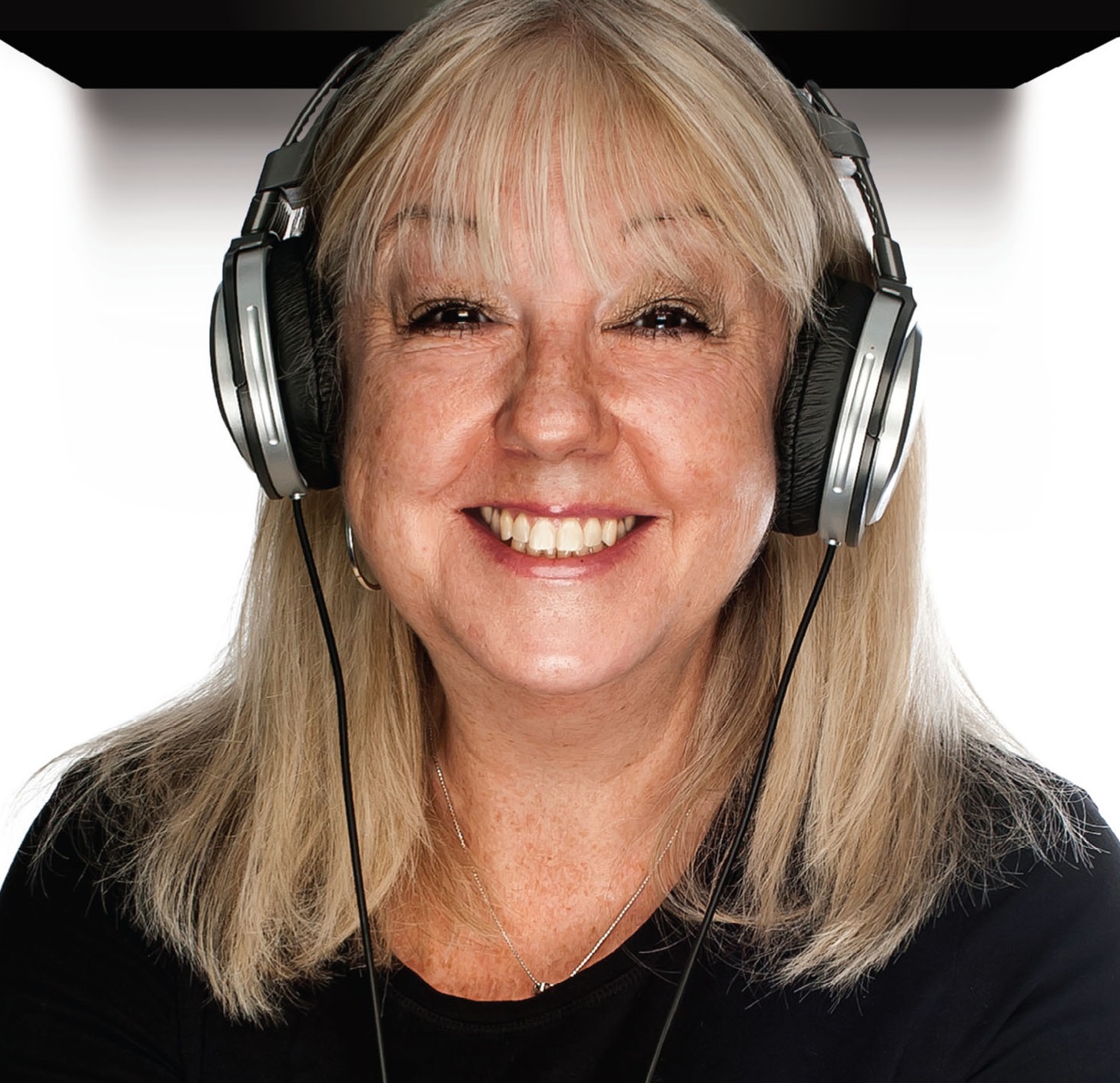- Dettagli
- Categoria: Women views on news
- Pubblicato: 11 Aprile 2014
 Ex-Radio 1 presenter claims as a woman she was seen as an interloper.
Ex-Radio 1 presenter claims as a woman she was seen as an interloper.
Liz Kershaw is a bit of an anomaly in the British media industry – a female radio DJ with a 30-year career and a regional accent.
In her autobiography ‘The Bird and The Beeb’, released last month, she tracks her career from local radio in Leeds through to BBC 6 Music, highlighting competition scandals, the fight to save 6 Music and her one-woman campaign for women on BBC Radio.
Talking to Women’s Views on News, Liz said the under-representation of women on BBC Radio was something that had been ‘bugging’ her since her days at Radio 1.
“When I first started at Radio 1 it wasn’t a shock that all of the DJs were men, but it was a shock that that translated into a culture where, as a woman, you were seen as an interloper.
“Your career prospects were defined by your gender – you couldn’t be a prominent stand-alone peak-time presenter if you were a woman.”
Liz’s peak-time career in the early 90s was as one half of the weekend breakfast team ‘Bruno & Liz’ on BBC Radio 1, with Bruno Brookes. It was a gig she had from 1989-1992, until she was ‘let go’ and Bruno was moved on to a solo slot.
After a stint at Radio 5 Live, she joined BBC Radio Northampton to became the first and only woman to present a solo radio breakfast show on the network. She later moved to BBC Coventry & Warwickshire where she presented the drivetime show and, later on, the breakfast show.
“I was the only woman doing a breakfast show on my own, out of 54 breakfast shows across the BBC. I couldn’t accept any reasonable explanation except prejudice and discrimination,” she told WVoN.
“It had been bugging me since Radio 1 and now I was in a position of strength. I started asking why this was the case.”
But even as recently as 2008 Liz was told to shut up for her own good after raising the subject with BBC local radio management, and warned not to mention it in an upcoming interview with a women’s magazine.
The case was finally taken up in parliament by Nadine Dorries MP in 2011, despite a letter two years earlier to the then Minister for Women and Equality, Harriet Harman, which, Liz said, solicited ‘no reply’.
The evidence, all gathered from the BBC’s own public sources, was provided by Liz, yet despite the fact that it all pointed to a gross under-representation of women on the nation’s airwaves, she remained the lone voice of discrimination in BBC radio.
“Women would tell me ‘well done, you’re a fighter and really brave’, but because of the culture of fear they don’t like to stick their own heads above the papa pit – it would make them vulnerable,” she said.
“I just thought ‘sod it if there are repercussions!’”
In October 2012, the BBC began an independent review into the culture and practices at the BBC, a review that was in response to the investigation into Jimmy Savile. Liz had already spoken out about her treatment at Radio 1 and so was asked to participate.
The findings of the Dame Janet Smith Review will be published later this year.
“I am really looking forward to the results of the review, to hear what an objective QC has got to say about it. I’m delighted it’s been done, it was a long time coming,” she said.
“The culture of the past is still dominating today – it has manifested itself in the lack of women. The review won’t address the lack of women in BBC Radio, but it will help us to understand the legacy,” she continued.
According to Liz, being a woman at the BBC does still make a difference, but things are changing.
“I don’t want to see tokenism – I don’t want good men to be sacked. It will take years to change, but there are signs of change – Radio 1 has recruited more women and Radio 4′s Today programme has a female co-presenter.
“The BBC’s target was for 50 per cent of breakfast shows to have a female presenter or co-presenter by the end of 2014. It’s April and we’re at 30 per cent, so I don’t think they’ll achieve their goal,” she continued.
It is still better than when Liz took up the cause in 2011, when only 17 per cent featured a female presenter.
“There is absolutely no excuse. There are so many girls who want to do the job, and if you look at Newsnight and the Politics Show there are women doing an excellent job.”
Despite fighting the corner for female presenters at the BBC for the last ten years or so, Liz doesn’t see herself as a feminist.
“I’m not a feminist, I’m an equalist. I don’t think feminism is a dirty word; I want to be an equalist where gender is irrelevant. In a professional capacity men and women should be treated equally.”
Liz Kershaw’s autobiography, ‘The Bird and The Beeb’, is out now in paperback and ebook format.
Leggi tutto... http://feedproxy.google.com/~r/WomensViewsOnNews/~3/YawhXsilo7Q/








